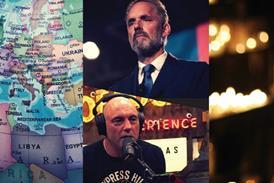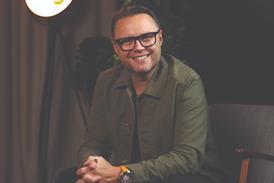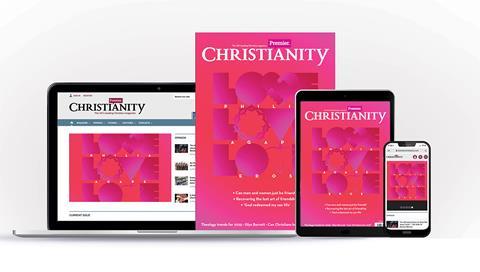
Have you ever tried on someone else’s glasses, or tried glasses if you don’t need them? You’re nearly always left with slightly blurred vision.
It’s because those glasses aren’t meant for you. Your glasses are expertly designed for your vision. You could say that we all wear ‘You-tinted glasses’.
This is, unfortunately, also the case with the news we consume. Whether we realise it or not, we’re almost always consuming biased news. Not only do we each have our own inherent biases, but the platforms that deliver us news are experts at knowing what we want to read.
I know this, because it’s my day job. I’ve been employed to help organisations target the right messaging to the right audience. Sometimes this means writing multiple headlines for the same article, because we know some headlines will grab your attention, and others will work better for someone of a different demographic.
There are two types of stories that you are, statistically, most likely to click on. “Person you like does something amazing” or “person you disagree with does something bad”. Innate to humanity is the need to have our worldview validated.
So how is this done and why does it matter?
It’s simpler than you may imagine. If I am writing a story about how a particular charity has helped a village, I’m likely to have multiple examples of that help. “Charity rebuilds school”, “Charity gives women clean water”, “Charity provides a 4X4”. Each of these is likely to be clicked on, and read, by different groups of people.
I can then tell Facebook to target one advert, or post, at a specific group. I could tell it to target a specific post at “fans of 4x4” or “people who follow education charity x”. I can choose by location, language, gender, age, faith, and thousands of other characteristics.
A search engine, like Google, or social media platform, like Facebook, makes money from you clicking on adverts. It’s in their interest to get you to click. So, over time, these platforms watch and learn how you behave online. They tailor your search results, or newsfeed, to you. Algorithms determine your news headlines.
You-tinted content.
None of this is new, but it’s becoming dangerous. We now have multiple versions of the ‘truth’ out there: You can find evidence that masks prevent the spread of Covid. You can also find evidence that they don’t. It came from China, it came from the US, and so on. This is playing on already existing divisions in society. News sources are becoming like football teams, “You read the Daily Mail? Pah, The Guardian is much better” and vice-versa. Politicians blow dog whistles to hit the right audience, huge protests can be mobilised through a specific version of a story and lying by omission is normal.
At a time when we need to come together, we’re being held apart.
The good news
You have the power to do something about this.
If you use social media, or a smartphone, you can tell it to stop collecting that data on you. You can change settings so that a platform doesn’t show you personalised adverts. That’s a great place to start.
Sure, it means I’m getting some rather odd adverts about products I'll never be interested in. But that’s OK, I want to control my spending anyway!
The second thing you can do is choose your news sources. You have the internet at your fingertips so head on over to Google, type in the name of a paper you don’t agree with, and read some articles. You will never find an unbiased news source, but you can at least try on those ‘them tinted glasses’.
Third, you can pray and ask for wisdom: "If any of you lacks wisdom, you should ask God, who gives generously to all without finding fault, and it will be given to you." (James 1:5). Pray this prayer daily, before you put on the Breakfast news.
Finally, pray for wisdom for our journalists, and consider joining in with the upcoming Day of Prayer for the Media on Sunday 3rd November. Journalists are not all bad people! In fact, most are great people and on a mission to seek out the truth. Pray that God will guide them to the right stories, the right words, and that their work will reach a wide variety of ears.
David Taylor is a PR and Communications specialist. He is a keen political campaigner and passionate about seeing Christians engaging in the political sphere
Premier Christianity is committed to publishing a variety of opinion pieces from across the UK Church. The views expressed here do not necessarily represent those of the publisher





























